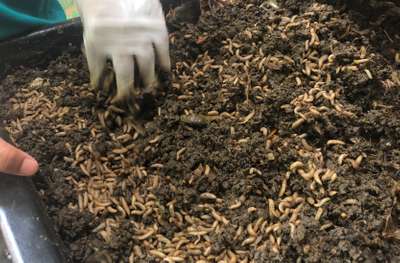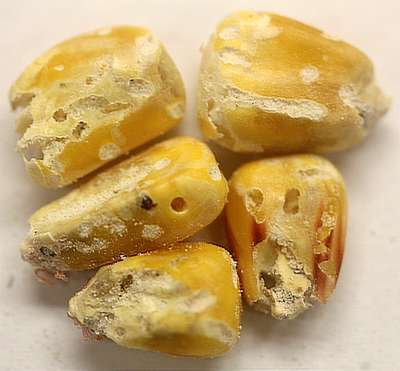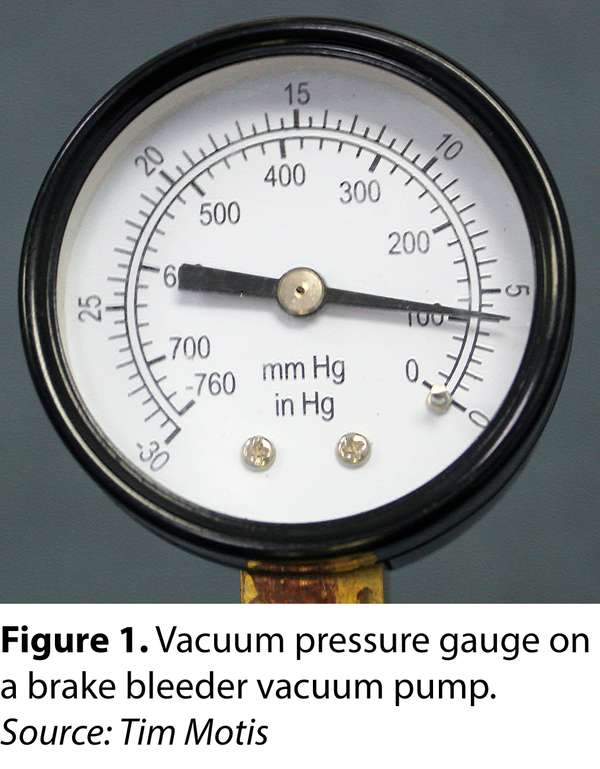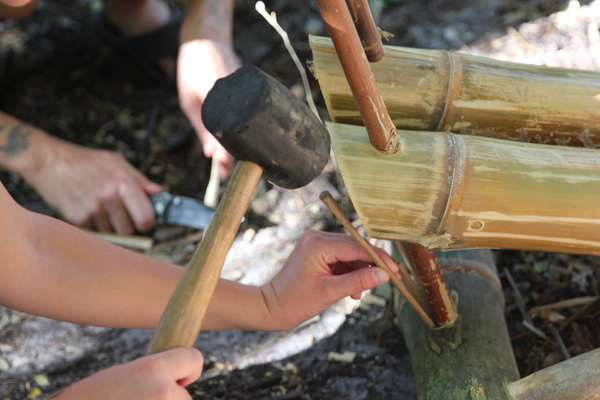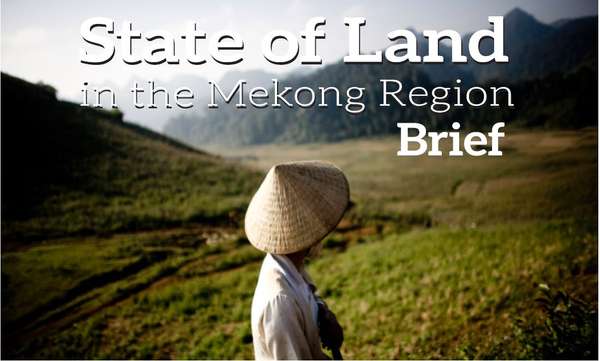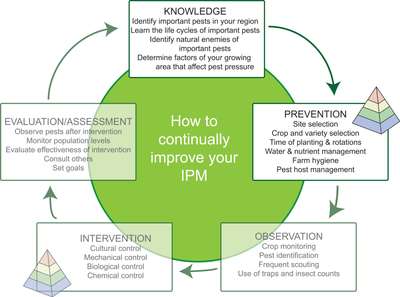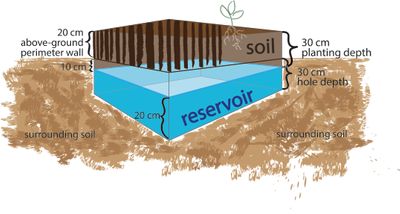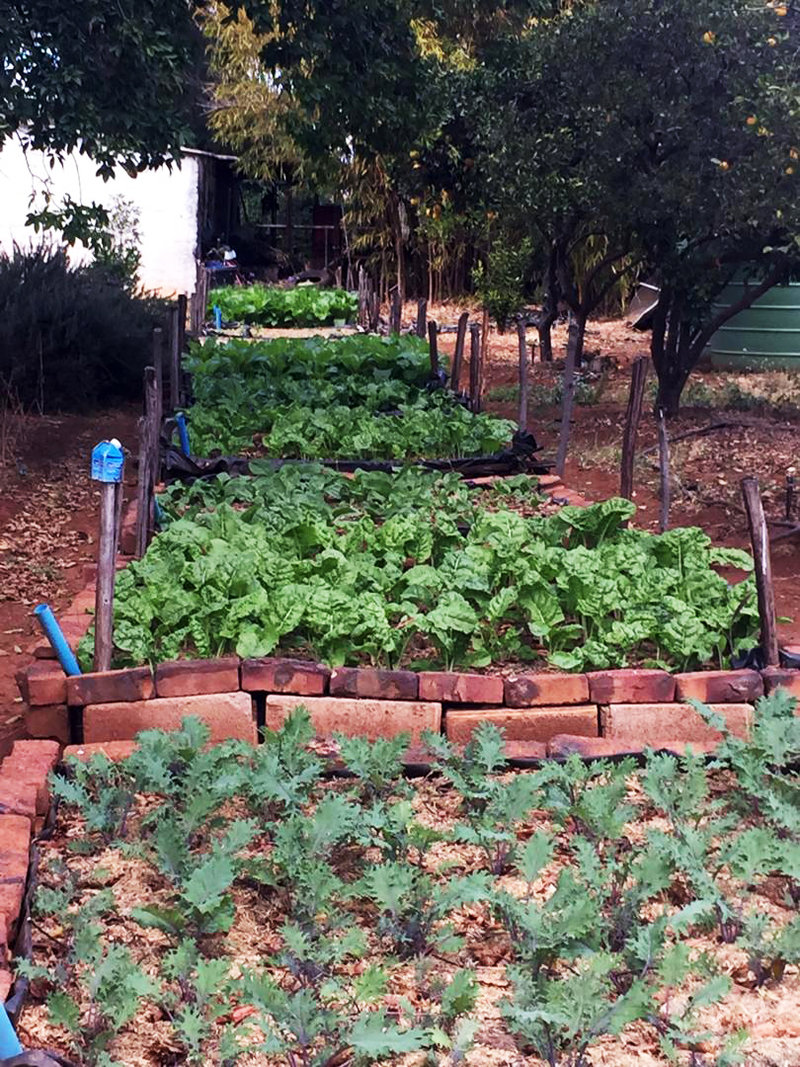ECHOcommunity Updates
ECHO Asia Note #41 available 2020-03-19
Featured in this Asia Note
- A Snapshot of the ECHO Asia Small Farm Resource Center & Seed Bank
- Black Soldier Fly System of the Frangipani Langkawi Organic Farm
- ECHO Asia Upcoming Events
- ECHO Asia Career Opportunities
- Call for Articles & Insights
Black Soldier Fly System of the Frangipani Langkawi Organic Farm
[Editor’s Note: Anthony Wong the Managing Director of the Frangipani Langkawi Resort in Langkawi, Malaysia and is a longtime steward of green initiatives in Malaysia and the region. Using constructed wetland systems, grey water at his hotels are cleaned and recycled, while large amounts of food waste are up-scaled using an innovative Black Soldier Fly system. Mr. Wong was a recent speaker at the ECHO Asia Agriculture & Development Conference in 2019 and has many years of practical hands-on experience.]
Integrating Black Soldier Flies on the Farm
Excerpt: The BSF or Black Soldier Fly (Hermetia illucens) brings great potential to any farming system through its ability to consume on-farm waste and produce a highly nutritious feed source. The larvae of the BSF can be grown using nearly any organic waste product, and can be used to up-cycle waste materials into a valuable protein source. BSF have the ability to break down waste resources that cannot be directly fed to humans or livestock, or even worms in a vermicomposting system, thereby making these systems valuable in tightening the nutrient cycle on any farm. In addition to the feed that the larvae becomes, the secondary advantage is their ability to rapidly break down food waste to produce a valuable by-product that can be used as an organic soil amendment.
Career Opportunity: ECHO Asia Agricultural Training Coordinator 2020-03-04
The purpose of this position is to strengthen the capacity of ECHO to deliver ‘high-impact trainings and learning events for improved food production and livelihoods’ among its network members and like-minded organizations. The position has a pivotal role in ECHO’s Training and Learning Program held at its Small Farm Resource Center and Seed Bank in Chiang Mai, Thailand and overseas within the Asia region. Highly competent in Training Management, this person is equally equipped with agricultural technical knowledge and skills, which will be handy in delivery of trainings related to agricultural and community development. This position will be based at the ECHO Farm.
EDN #146 Now Available 2020-03-01
In this issue:
- Low Oxygen Methods for Insect Control in Seeds
- EIAC 2019 Topic Summaries
- Echoes from our Network: Roger Gietzen on the topic of syntropic farming
- Books, Web Sites and Other Resources: Vetiver Latrine
Low Oxygen Methods for Insect Control in Seeds
Tim Motis
Excerpt:
Seeds are typically stored for a time before being planted or consumed. Any insects present in that seed, if not controlled, can quickly multiply and cause significant damage. (See Image)
Many storage pests originate in the field. Seeds may appear to be free of insects at the point of harvest, but eggs and larvae from the field may still be present. Insects can also be introduced when seeds are put into previously infested seed containers or grain bins. Insect damage reduces seed germination and quality and is a major cause of post-harvest seed loss. Most insect-related postharvest seed loss is caused by various species of beetles (Order Coleoptera) and larvae of moths and butterflies (Order Lepidoptera). This article focuses on weevils, which are a specific kind of beetle.
From the ECHO Research Blog: Vacuum sealing for seed preservation 2020-01-17
Postharvest seed loss due to insect damage is problematic for farmers as well as seed banks. One approach to control insects in a container of seeds is to lower oxygen levels using vacuum drawn with modified bicycle pumps, brake bleeder pumps, or other devices (see ECHO TN 93).
Air contains 21% oxygen by volume, meaning 100 liters of air is comprised of 21 liters of oxygen. Research has shown that insect mortality occurs when 5% (or less) of a container’s volume oxygen is occupied by oxygen (Njoroge et al., 2019). How do you know if your vacuum is strong enough to achieve such low levels of oxygen?
New ECHO Internship Opportunities 2019-12-18
The ECHO Global Farm in Fort Myers, Florida is now accepting applications for its 14-month internship program, with positions beginning in June and September 2020 (Position Titles: Appropriate Technology Intern, Community Garden Intern, Semi-Arid Intern, and Rainforest Intern. Candidates must be US citizens or legal permanent residents to apply.) Applications close February 1, 2020.
Two of the positions offered have a specialized focus on technology and community outreach.
State of Land in the Mekong Region - Brief 2019-12-02
The Mekong region lies at the intersection of Southeast, East and South Asia, between two Asian giants: China and India. It comprises five countries that host the bulk of the Mekong river watershed: Cambodia, Lao PDR, Myanmar, Thailand, and Vietnam. The Mekong region is exceptional for its social and ecological richness. Home to 237 million people, the region includes 329 ethnic groups speaking 410 distinct languages, making the region one of the most ethnically diverse in the world. The Mekong is also a global biodiversity hotspot, with a high degree of ecological and agricultural diversity.
EDN #145 Now Available 2019-10-22
In this issue:
- Pest Prevention: The Foundation of Integrated Pest Management
- Echoes from our Network: Nutrition Education in the Context of Community Agriculture Programs
- From ECHO's Seed Bank: New Lima Bean Cultivars Available
- Books, Web Sites, and Other Resources: Syntropic Farming Guidebook by Roger Gietzen
Pest Prevention The Foundation of Integrated Pest Management
Stacy Swartz
Excerpt:
When the topic of agricultural pest management is mentioned, most people think first about monitoring for pests or intervening to reduce pests: scouting, pest identification, and/or application of pesticides are some specific practices. However, prevention is an often-overlooked key strategy that farmers can use to minimize the likelihood of pest problems. This article will explore the role of prevention in a pest management plan.
Smallholder farmers in the tropics face increasingly overwhelming hurdles. Population growth, a volatile global climate, and the need for long-term productivity make sustainable food production challenging. Integrated pest management is a platform to equip farmers with diverse decision-making skills. When farmers focus on knowledge and preventative measures, they begin to feel in control of their production, and their mindset about pest management changes from reactionary to preparatory.
TN #95 100-Fold Vegetable Gardens with Low-Cost Wicking Beds 2019-09-18
I discovered 100-fold gardens while researching ways to irrigate plants directly in the root zone. I wanted to know how to practically and affordably control some of the variables that influence plant growth, such as water availability and soil fertility. I read about “wicking beds,” which are watered from below as water moves up towards plants’ rooting zone from a reservoir lined with plastic. Watering from below prevents water loss while maintaining constant soil moisture and supplying water and nutrients in accordance with plant needs.
The wicking beds that I read about were primarily built above ground and used expensive containers and other materials. Proponents recommended potting soil to fill the beds. I began experimenting with local materials to reduce the cost of the beds. I did not want to have to purchase expensive containers or soil, so I decided to dig the beds 30 cm into the ground. That way, the ground would serve as the container, and we could sieve the soil from the hole and use it as the growing medium; it ends up being a fine growing medium that remains friable and that wicks water and nutrients well. We used the rocks and other large objects that were left in the sieve as part of the filler for the bottom of the beds. We were also able to dispose of old tin cans, bottles, broken glass, bones, etc. in the bottom part of the beds.
Seeds for a Future - Suchitepequez, Guatemala 2019-09-09
ECHOcommunity Network Member Spotlight
My name is Thomas and I work for Seeds for a Future in Suchitepequez, Guatemala. We have a very well-working nutrition program called "Casa-Granja" to support rural families on an improved healthy diet. Malnutrition and Food Insecurity create a vicious cycle of poverty from which it is very difficult to emerge. To help fight these twin evils, Seeds for a Future’s primary focus is helping rural families ensure their access to enough nutrition-packed food, so children and adults can be strong and healthy.
As with all of our projects, our first steps were to listen and learn. After a year of community meetings and small “get to know you” projects, we could see that an integrated approach was required. Just as food security, nutrition, family income, and health do not occur independently, our program approaches these sectors as parts of a whole.
EDN Issue 144 - Now Available 2019-07-25
In this issue:
- Introducing 100-Fold Gardens: Wicking Beds for High-Density Planting of Vegetables Where Water is Scarce
- Echoes from our Netwok: Literacy and Agriculture and Termite Harvesting in Ghana
- From ECHO's Seed Bank: Earthbag Houses for Storing Seeds
- Books, Web Sites, and Other Resources: Restoring the Soil, Second Edition Book Release
Introducing 100-Fold Gardens
Wicking Beds for High-Density Planting of Vegetables Where Water is Scarce
Dawn Berkelaar and Tim Motis
Excerpt:
Network member Lance Edwards works in Zimbabwe. He told us about using and promoting inexpensive, water-conserving planting beds that he calls 100-fold gardens. These are a type of “wicking bed”; they are lined with plastic so that water pools at the bottom in a reservoir. From there, water moves up towards the plants’ rooting zone. 100-fold gardens are a way to maximize vegetable production on raised beds.
